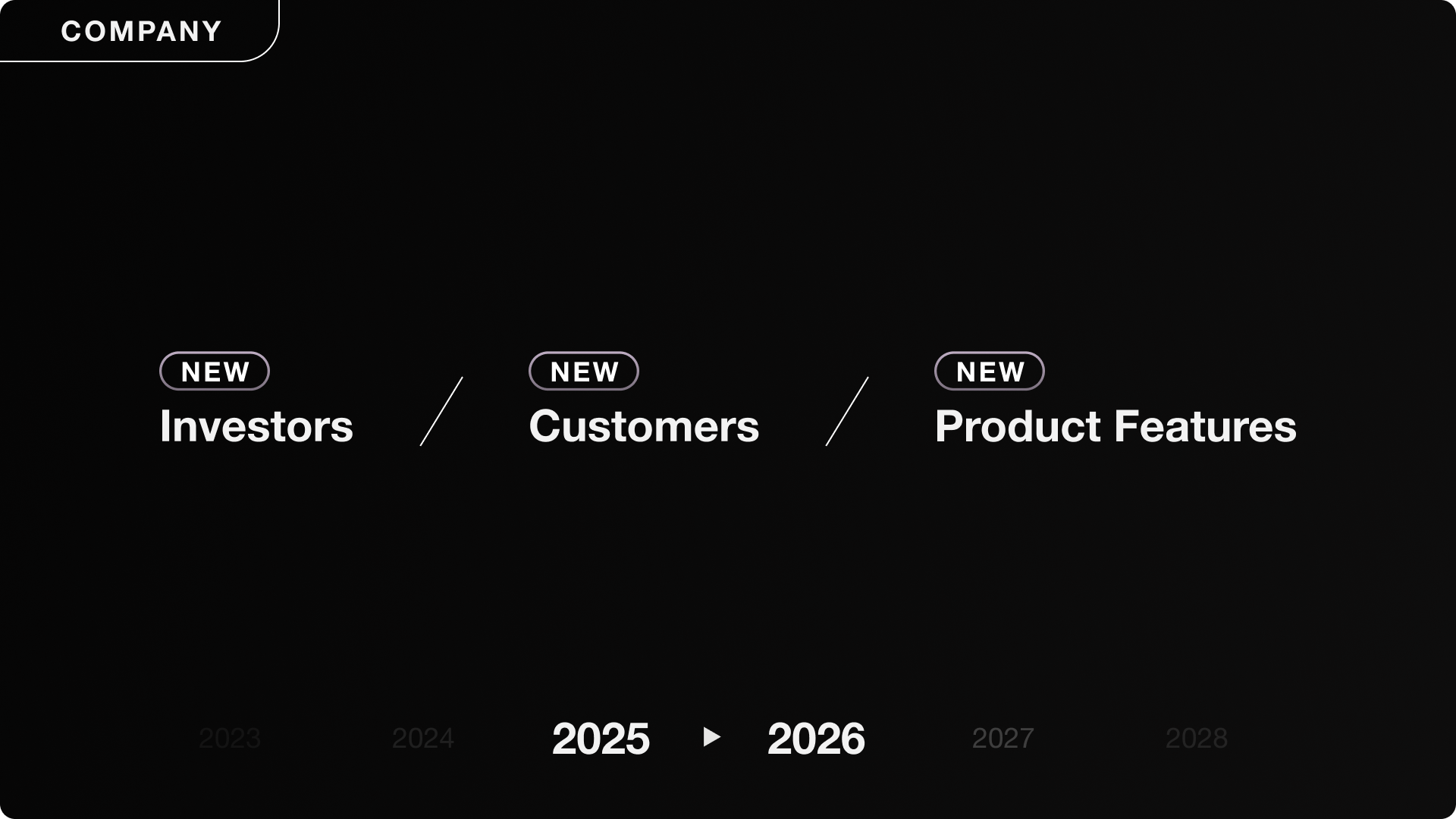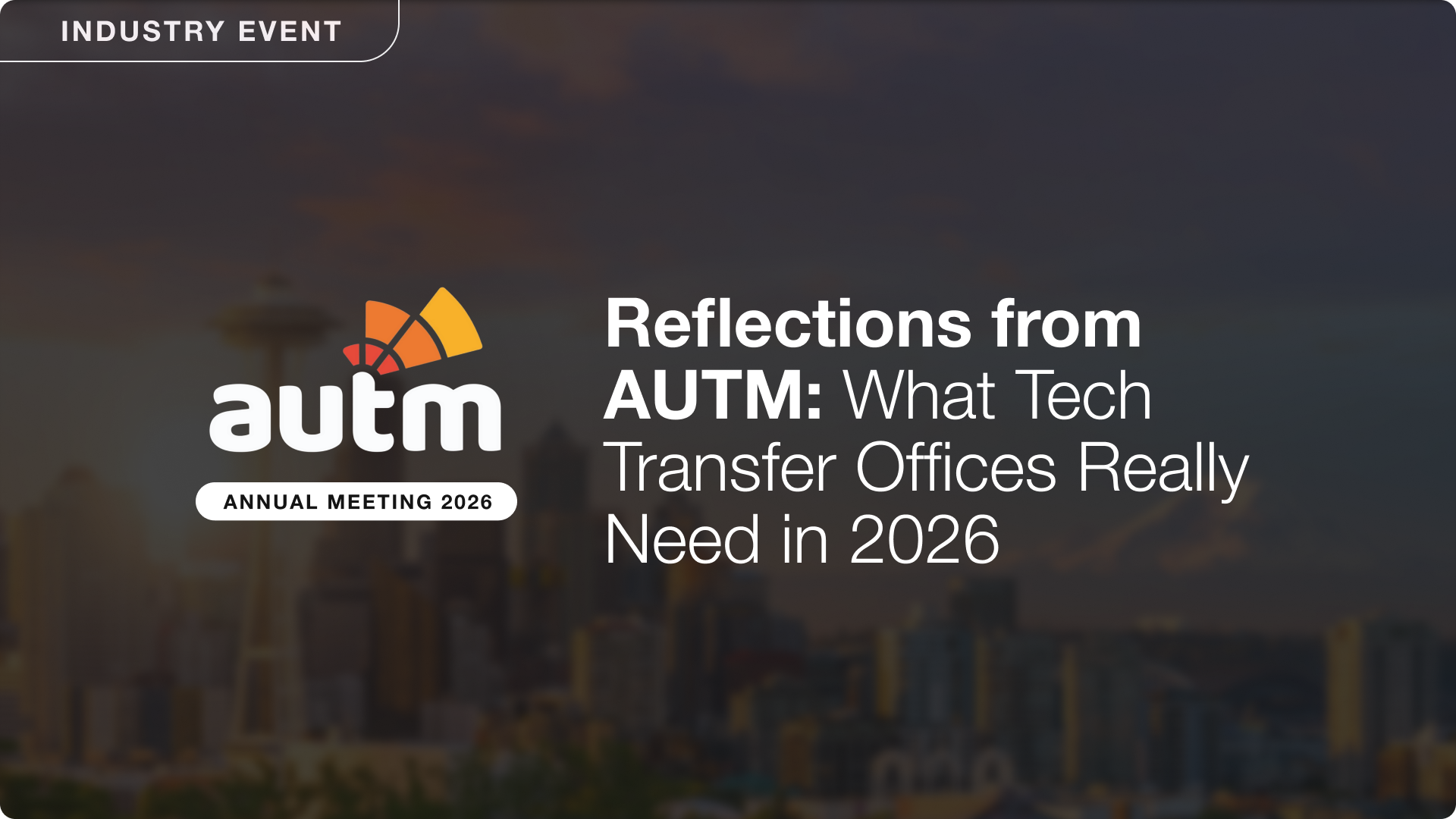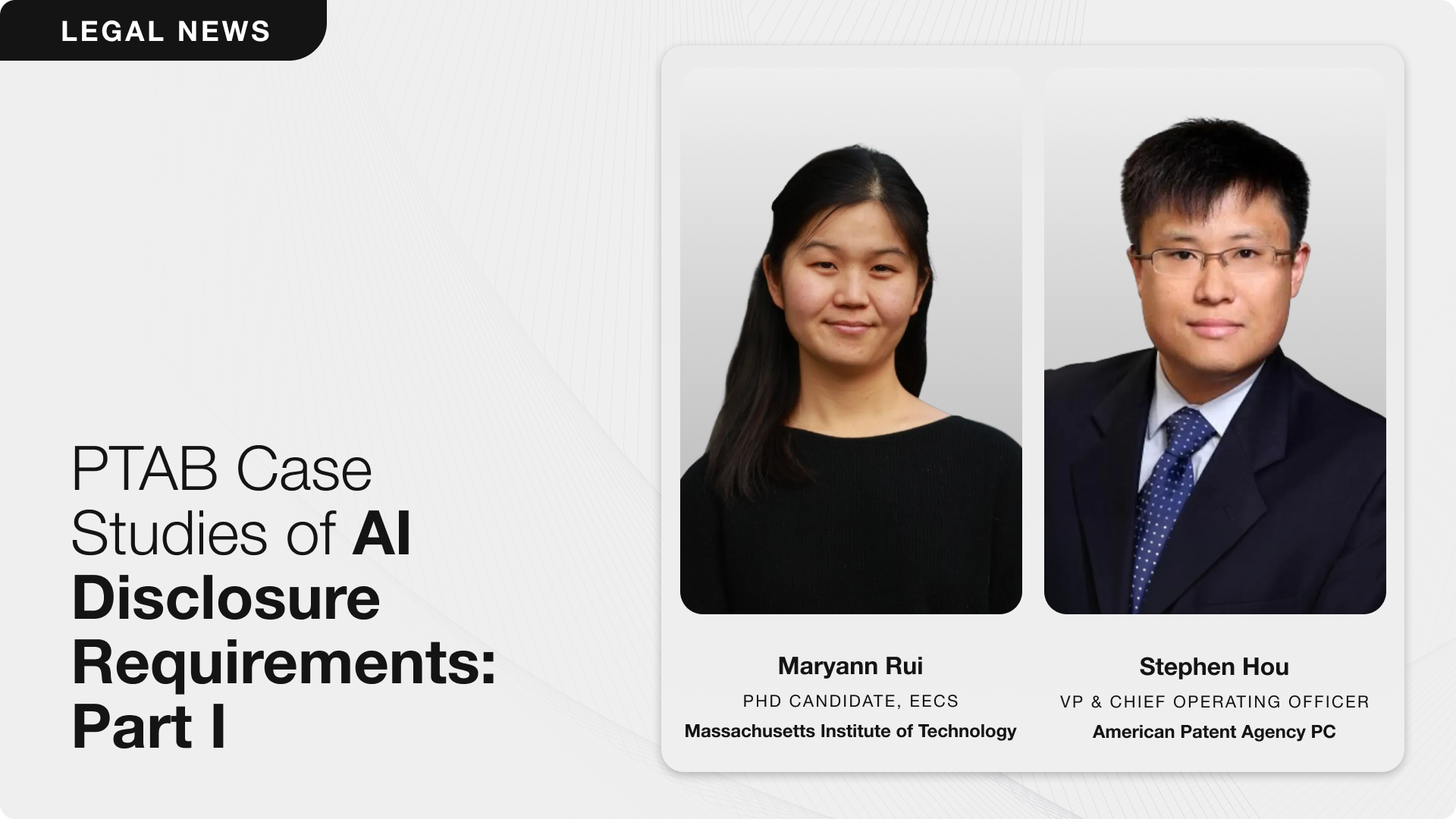Blog

Client confidentiality in the age of AI: best practices for patent professionals
AI can improve the quality and efficiency of patent work - but it can also create new confidentiality and privilege risks if you don’t control what data is shared, where it’s stored, and who can access it. The good news: you can turn “AI risk” into a repeatable review process that your leadership, IT/security, and risk teams can sign off on with confidence.
This guide gives you a practical framework and a due diligence checklist, that you can use to evaluate AI tools for patent workflows without compromising client confidentiality.
Key takeaways
- In patent work, confidentiality failures can jeopardise patent rights—treat inputs as high-risk.
- Risk is more than training: retention, access, logs, human review, and subprocessors matter.
- Use data tiers: Tier 0–1 OK; Tier 3 ‘default no’ unless explicitly approved and controlled.
- Make it auditable: approved use cases, human review, matter separation, and vendor diligence.
For further information, read the full guidance below.

Level Up Your IP Strategy - Senior IP & Patent Leaders, see AI in action.
Solve Intelligence will be presenting a live product demo at the upcoming private workshop hosted by HG Law and organised by Cosmonauts.
📅 Wednesday, 4 March 2026:
Workshop: 2:30 PM - 6:00 PM | COMO Metropolitan London Hotel, London, UK
Dinner: 6:00 PM - 9:00 PM | COYA Mayfair, London, UK
This session is designed for Heads of IP, Patent Directors, and innovation leaders who want to level up their IP strategy by seeing AI applied in patent drafting, preparation, and prosecution.

How to Talk to Clients About Using AI in Patent Drafting
Artificial intelligence is no longer a theoretical issue in patent drafting, and many firms are already using AI-assisted workflows in some form. The harder question now isn’t whether to use AI, but how to talk to clients about using it.
Key insights
- Focus on better drafting quality, enforceability, and fewer avoidable downstream problems.
- Walk through data handling so confidentiality and retention protections are easy to trust.
- Explain inventorship stays human and the attorney remains responsible for every word.
- Keep the process clear and documented so expectations stay aligned from day one.
For some clients, AI usage signals efficiency and modernisation. For others, it raises immediate concerns about confidentiality, inventorship, and quality control. Those concerns are legitimate, so the key is to approach conversations about AI in a way that is structured, transparent, and grounded in professional responsibility.
In practice, the most effective discussions with clients will focus on outcomes rather than technology.
This article provides a structured framework to use when talking to clients about using AI, such as Solve Intelligence’s Patent Drafting CopilotTM, in patent drafting.

How to use AI in patent practice: USPTO guidance and compliance tips
As Artificial Intelligence (AI) and large language models (LLMs) increasingly integrate into legal practices, the U.S. Patent and Trademark Office (USPTO) issued guidance to assist patent attorneys with adopting AI tools in patent drafting, prosecution, and other areas of patent law.
In this article, we summarize the key compliance requirements from the USPTO's guidance and explain how Patent Copilot™ helps practitioners meet these obligations while leveraging AI's benefits.

UK Supreme Court aligns UK software patentability with EPO approach
The UK Supreme Court’s Emotional Perception decision moves UK practice closer to the EPO for computer implemented inventions, including AI. Claims with ordinary hardware will usually avoid the “computer program as such” exclusion, but only technical features can support inventive step. In practice, applicants should focus arguments and evidence on technical contribution and inventive step.
Key takeaways
- UK moves closer to EPO, inventive step becomes the main battleground.
- Ordinary hardware avoids exclusion, but may not support inventiveness.
- Only technical features count at inventive step, not business aims.
- Neural networks are treated as software, no special treatment either way.
- Draft around technical contribution, measurable effects, and system level impact.

Kicking Off 2026: New Investors, New Customers, New Product Features
A lot has happened in the last two months. We wanted to take a moment to share what we've been building, who's joined us, and where we're headed next.
Since we started Solve, the goal has been simple: help IP teams do their best work by combining real-world patent expertise with deep AI research, intuitive UX, and state-of-the-art security. The momentum we're seeing across the business tells us the market agrees as 400+ IP teams across 6 continents now use Solve.
Here's what's new.

Reflections from AUTM: What Tech Transfer Offices Really Need in 2026
Last week, my colleagues and I attended the annual meeting of AUTM, the global association for technology transfer professionals. For anyone building in the intellectual property (IP) space, it’s one of the most important rooms you can be in.
The three-day conference brings together high education decision-makers from around the world who are shaping how intellectual property is evaluated, protected, and commercialized. This year’s conversations revealed something important: the question is no longer if AI will influence tech transfer, but instead about how institutions will integrate it.

PTAB Case Studies of AI Disclosure Requirements: Part I
Artificial intelligence (AI) is a fast-evolving field with new technical methods, systems, and products constantly being developed. This growth has also been reflected in the dramatic increase in patent filings for AI-related inventions. According to Patents and Artificial Intelligence: A Primer from the Center for Security and Emerging Technology, more than ten times as many AI-related patent applications were published worldwide in 2019 than in 2013, and the increasing trend has only continued since.
Although AI-related patent applications have been on the rise, explicit guidance on patentability requirements have only recently begun to be published by patent offices around the world. Indeed, as a burgeoning field of technology, AI inventions have unique features, such as the importance of training data and the lack of explainability and predictability of trained AI models, that differentiate such innovations from traditional types of computer-implemented inventions (CII).
These features raise questions about the interpretation of disclosure requirements, among other patentability requirements, for AI-related inventions. For example, how much information, such as source code, training data sets, or machine learning model architectures, should be provided to satisfy the written description and enablement requirements of Title 35 of the U.S. Code § 112(a) or analogs in other patent jurisdictions?
As we await further official guidance from the U.S. Patent & Trademark Office (USPTO) on disclosure requirements for AI-related inventions, we can gather initial indications from recent patent prosecution decisions from the Patent Trial & Appeal Board (PTAB) on such issues. In this article, we study a selection of PTAB appeals decisions for applications for AI-related inventions rejected under § 112. To set the background, we first review a classification of AI inventions and USPTO guidelines on disclosure requirements for computer-implemented inventions. After analyzing three case studies, we conclude with general takeaways and best practices, which emphasize that applicants must disclose specific algorithms and implementation details, not just desired outcomes, to satisfy written description requirements.